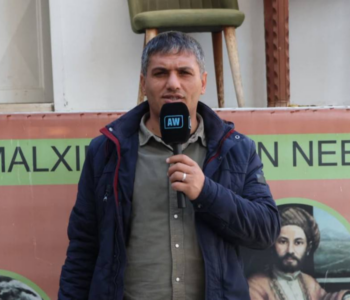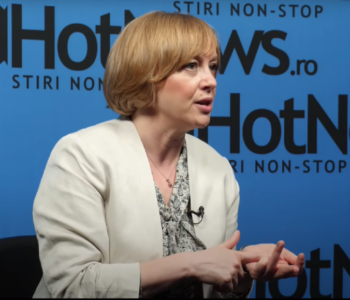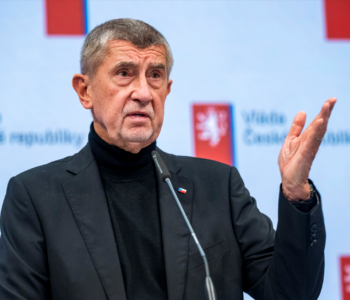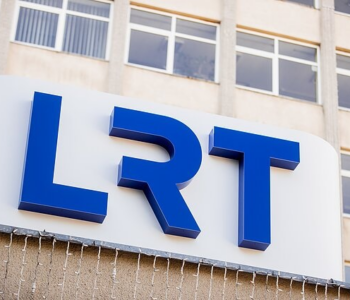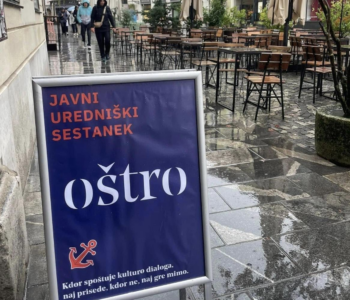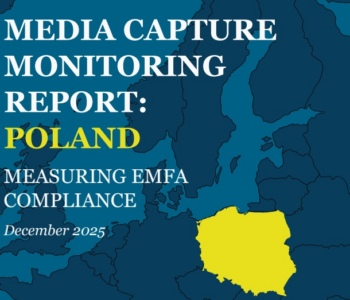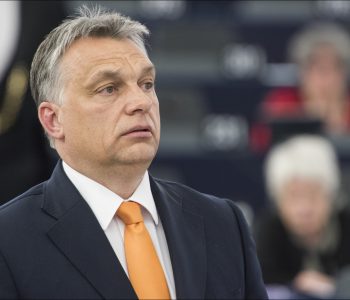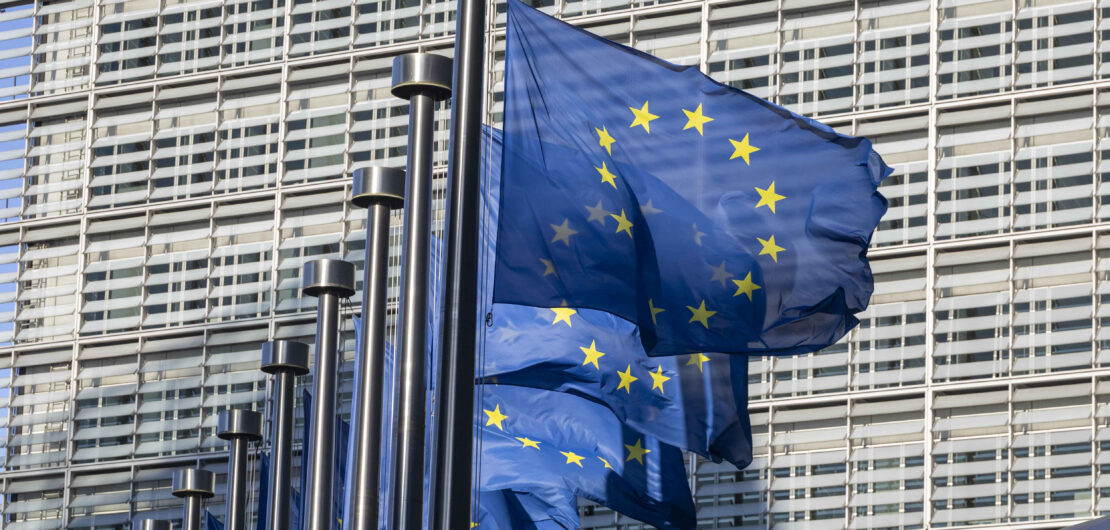 Allgemein
Allgemein
EU: MFRR contributes to European Union annual Rule of…
EU: MFRR contributes to European Union annual Rule of Law report
MFRR partners share a statement condemning the threats and attacks against journalists and media workers when covering demonstrations and protests in Germany, France, Slovenia, Greece, Spain, Poland and Italy. The MFRR calls for increased protection for media freedom across Europe from protestors, unknown 3rd parties and police officers to ensure they are free to continue their work informing the public.
27.01.2026
MFRR organisations provided submissions on 15 EU Member States and candidate countries: Belgium, Bulgaria, Croatia, Denmark, Greece, Finland, France, Germany, Hungary, Italy, Netherlands, Poland, Serbia, Slovakia and Spain.
Submissions on media freedom and pluralism provided updates about implementation and lack thereof of recommendations from the 2025 Rule of Law report, new legislative or regulatory developments, as well as cases of attacks and threats against journalists and media.
In the year that the EU’s European Media Freedom Act (EMFA) came into full force, the submissions provided detailed updates on the mixed picture for the implementation of the EU regulation across the bloc.
Data was provided from the MFRR’s Mapping Media Freedom (MapMF) platform, which is the largest public database of violations of press and media freedom in Europe. MapMF recorded 1481 press freedom violations affecting 2377 journalists and other media professionals across the European Union member states and candidate countries during 2025.
Submissions for the report also provided key information gathered by MFRR partner organisations during fact-finding and advocacy missions to EU countries throughout the past year. Information was also provided on cases of Strategic Lawsuits Against Public Participation (SLAPPs), as part of MFRR partner’s regular monitoring.
Ahead of the preparation of the annual report, MFRR partners again call for the report to include significantly strengthened and more detailed recommendations for reform in country chapters, especially those facing systemic attacks on media freedom and pluralism, with recommendations tied to strong enforcement mechanisms in case of non-implementation.
Our organisations again stress that the findings of the report must act as the foundation for sustained action to safeguard EU values and push for strong implementation of the European Media Freedom Act, and feed into the development of the European Democracy Shield. Submissions by MFRR partners will be published and publicly available on the report website.
This rule of law submission was coordinated by the Media Freedom Rapid Response (MFRR), a Europe-wide mechanism which tracks, monitors and responds to violations of press and media freedom in EU Member States and Candidate Countries. Submissions were coordinated under the MFRR but submitted by individual consortium partners.


